
The Isle Of Wight NHS Trust are urging the public to get in touch with their GP if they have any symptoms they are concerned about.
According to the trust, Dermatology (skin) and Urology Cancer services have seen considerably fewer referrals this year compared to the same time 12 months ago.
Early diagnoses means more effective treatment, therefore it is important that any concerning symptoms are identified as soon as possible.
The Trust wants everyone to continue to access health services now and throughout the winter and be reassured that all the relevant safety and infection control measures are in place to keep people safe.
Dr David Isaac, Macmillan GP said:
“It’s important to be aware of any unexplained changes to your body such as blood in your pee, a lump, persistent bloating or pain that does not go away. It is important to speak to your GP so they can investigate and refer you to a specialist if needed. Finding cancer early means it’s easier to treat.
"I urge the public not to be afraid of contacting their GP practices, we are here and we want to help"
The public should take particular notice of persistent and unexplained symptoms such as:
· A changes in bowel habits
· Blood in pee, blood in your poo or coughing up blood
· Unexplained pain
· Lumps, bumps or swelling
· Bloating for 3 weeks or more
· Extreme tiredness
· Unexplained weight loss
- A cough lasting over 3 weeks, chest pain or breathlessness
· Moles that have changed shape, colour, grows or starts itching, flaking or bleeding
Anne Snow, Consultant Nurse and Lead Clinician for Cancer services said:
“We have seen a worrying drop in the number of people being referred to us for cancer diagnosis and treatment. If you have symptoms that are worrying you, it is vital that you get it touch with your GP practice straight away, don’t put it off because it is crucial that we identify potential cancers as soon as possible.
"We understand people may be worried about attending appointments given the current pandemic or feel they may be a burden to the services but please be assured that you are not and we have lots of measures in place to keep our patients safe.
“Please don’t be afraid to ask for help and if you are worried please do talk about your concerns with family members or friends”

 Engine Problems Lead To Yarmouth RNLI Callout To Osborne Bay
Engine Problems Lead To Yarmouth RNLI Callout To Osborne Bay
 Ryde Academy Students Donate To Two Worthy Causes At Christmas
Ryde Academy Students Donate To Two Worthy Causes At Christmas
 Road Improvement Works To Get Underway From The Very Start Of The New Year
Road Improvement Works To Get Underway From The Very Start Of The New Year
 Isle of Wight Youth Trust Benefits From Big Give Support
Isle of Wight Youth Trust Benefits From Big Give Support
 Council Chair 'Furious' Over Floating Bridge Replacement Fiasco
Council Chair 'Furious' Over Floating Bridge Replacement Fiasco
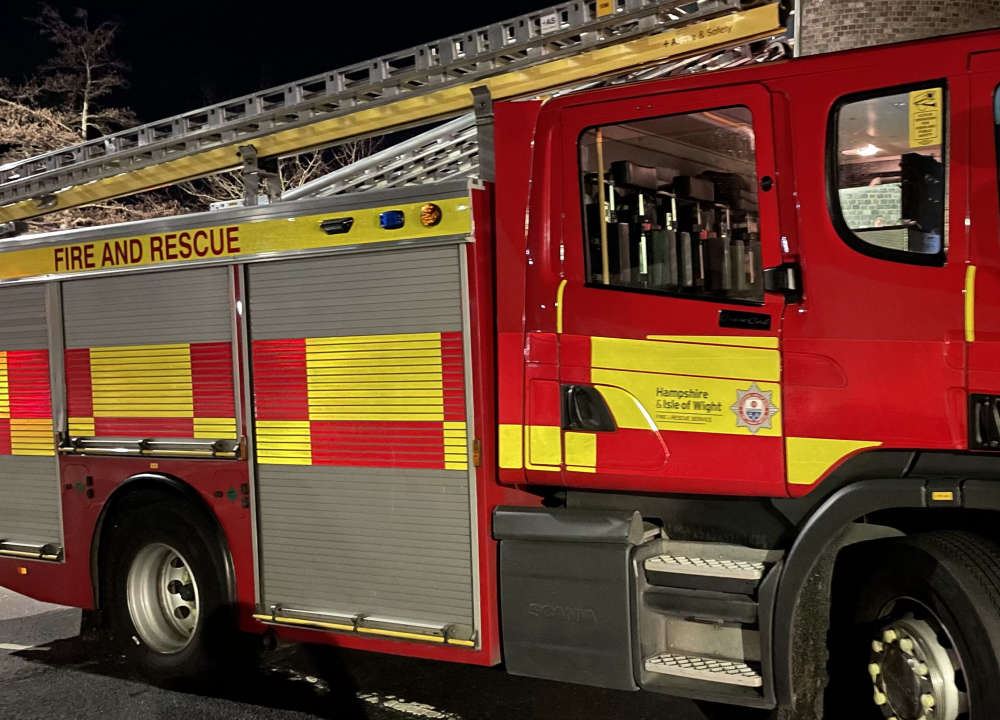 Fire Service Travel To Island Contributes To Huge Budget Overspend
Fire Service Travel To Island Contributes To Huge Budget Overspend
 Department Approaching Completion In Ryde As Opening Date Announced
Department Approaching Completion In Ryde As Opening Date Announced
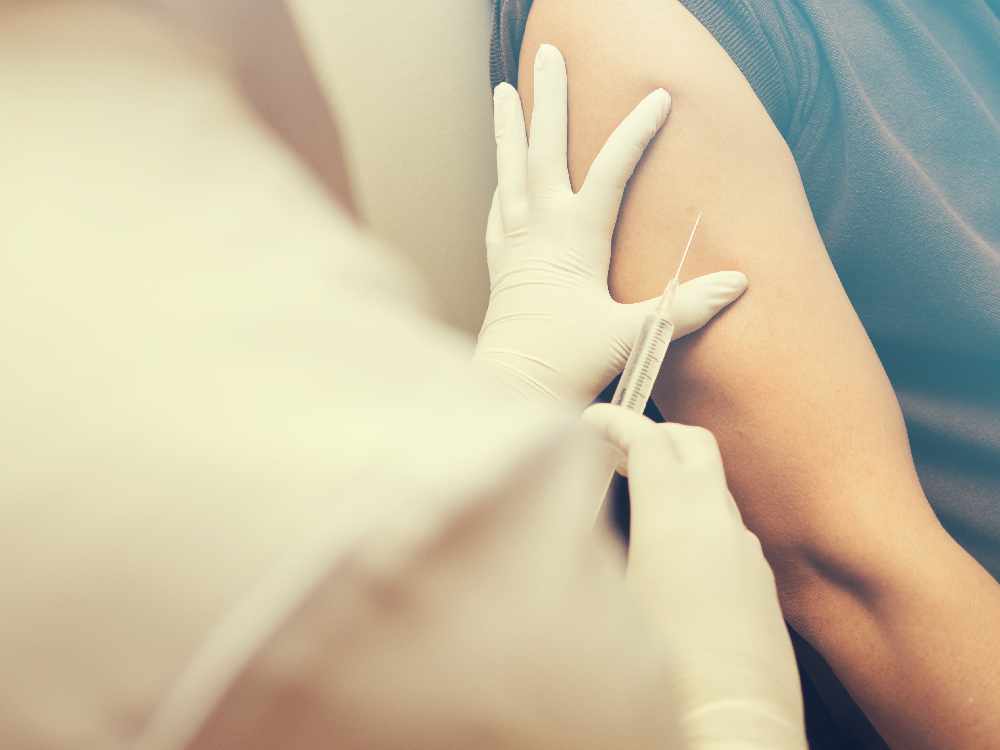 Guidance Issued Over Sharps Disposal As Waste Teams At Risk
Guidance Issued Over Sharps Disposal As Waste Teams At Risk
 Police Warnings Over E-Scooters Ahead Of Christmas Day
Police Warnings Over E-Scooters Ahead Of Christmas Day
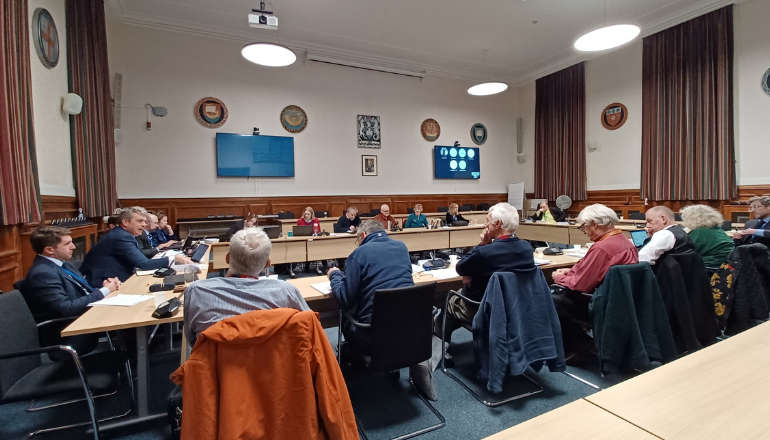 Controversial Freshwater Housing Proposal Turned Down
Controversial Freshwater Housing Proposal Turned Down
 Rare Mantis Shrimp Discovery Made In Waters Off Isle Of Wight
Rare Mantis Shrimp Discovery Made In Waters Off Isle Of Wight
 Man In 50s Confirmed Dead Following Newport Crash
Man In 50s Confirmed Dead Following Newport Crash
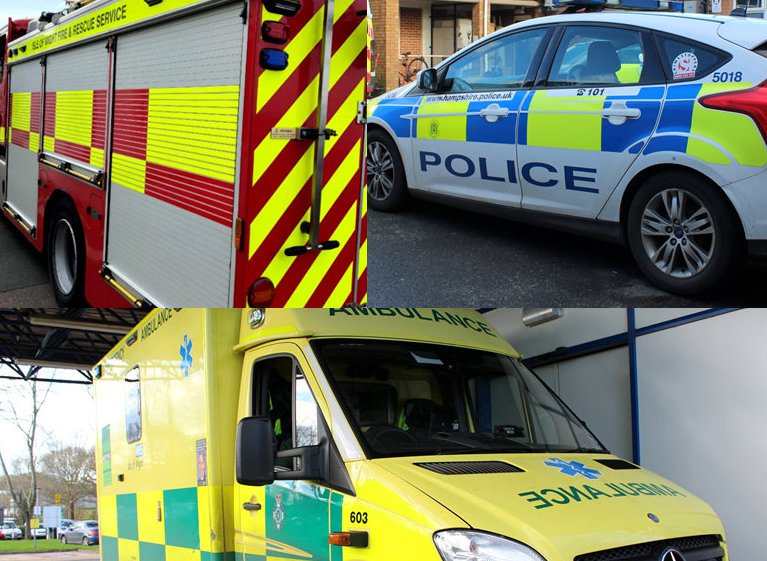 Pedestrian In Hospital With Serious Injuries Following Early Morning Motorcycle Crash
Pedestrian In Hospital With Serious Injuries Following Early Morning Motorcycle Crash
 Cowes Stately Home To Have Facilities Upgraded As Part Of Approved Renovation
Cowes Stately Home To Have Facilities Upgraded As Part Of Approved Renovation
 Ofsted Deliver Glowing Report For 'Welcoming' And 'Highly Ambitious' Island Primary School
Ofsted Deliver Glowing Report For 'Welcoming' And 'Highly Ambitious' Island Primary School
 Help Available For Islanders To Cut Energy Bills
Help Available For Islanders To Cut Energy Bills
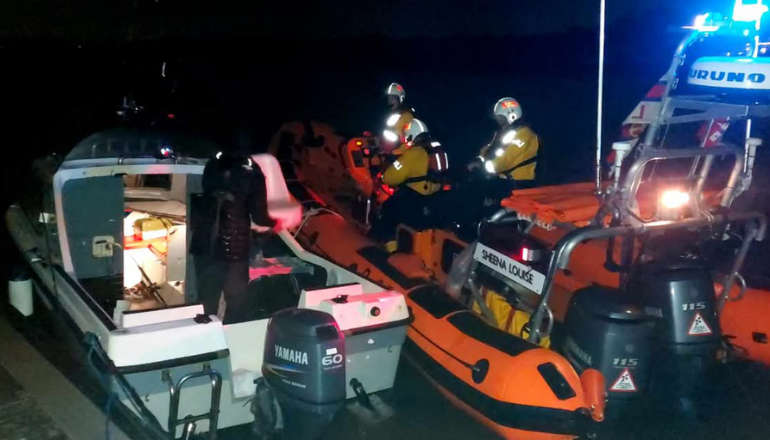 Cowes Lifeboat Performs Mid-Solent Rescue Of Fishing Boat
Cowes Lifeboat Performs Mid-Solent Rescue Of Fishing Boat
 Christmas Shopping With A Difference In Ryde – Half A Mile Out To Sea!
Christmas Shopping With A Difference In Ryde – Half A Mile Out To Sea!
 Home-From-Home' Nursery Given 'Outstanding' Ofsted Grade
Home-From-Home' Nursery Given 'Outstanding' Ofsted Grade


